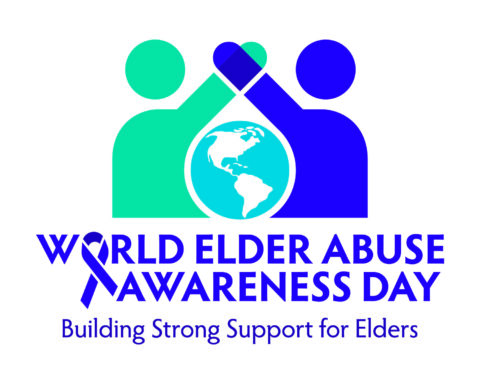Putting an end to elder abuse starts with recognizing the problem. If you believe you or a loved one is the victim of a scam, fraud, neglect, exploitation or other abuse, here’s what to do:
Take notice
Most crimes against older Americans involve someone the victim trusts, family members included. So stay vigilant even when all seems normal. Be involved and engaged with your finances, and stay alert to unauthorized ATM withdrawals, financial requests from ingratiating outsiders or anything that feels unsafe, uninvited or ethically questionable.
Slow down
A classic scam begins with someone rushing you. Nothing is urgent. If anyone claiming to be a law enforcement officer calls to demand immediate payment for failure to show up for jury duty, for instance, hang up and take the time to verify and do research. You can always call back on an official number.
Think twice
Services offered through cold calls or door-knocking solicitors are often fraudulent. If it sounds too good to be true, it’s almost always a scam.
Say something
Ten percent of Americans age 60-plus are victims of elder abuse or fraud. If you’ve been hurt, scammed or exploited, you’re in the company of millions. Try to let go of the shame, self-blame and fear of retaliation, and notify local or federal authorities. The Elder Justice Initiative (justice.gov/ElderJustice) shows you how to find help in your area or report abuse.
Web resources
The National Center on Elder Abuse (ncea.acl.gov) offers links to many resources and describes common scenarios. Get help in your area from adult protective services. Additional information is available through the National Clearinghouse on Abuse in Later Life (ncall.us). If you or someone you know is experiencing domestic violence, go to the National Network to End Domestic Violence website (nnedv.org) to find information and learn about resources. Finally, for more on scams and how to avoid getting caught up in one, go to aarp.org/FraudWatchNetwork.









